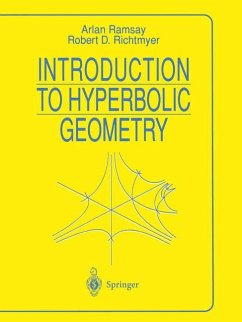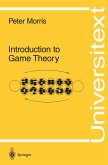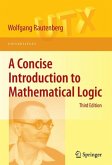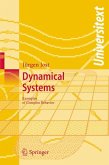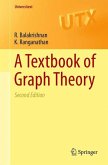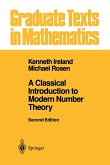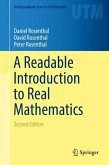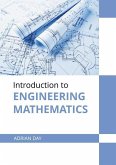This text for advanced undergraduates emphasizes the logical connections of the subject. The derivations of formulas from the axioms do not make use of models of the hyperbolic plane until the axioms are shown to be categorical; the differential geometry of surfaces is developed far enough to establish its connections to the hyperbolic plane; and the axioms and proofs use the properties of the real number system to avoid the tedium of a completely synthetic approach. The development includes properties of the isometry group of the hyperbolic plane, tilings, and applications to special relativity. Elementary techniques from complex analysis, matrix theory, and group theory are used, and some mathematical sophistication on the part of students is thus required, but a formal course in these topics is not a prerequisite.Changes to the 2nd Edition include: a new chapter on Euclidean geometry, as a means of comparing Euclidean and hyperbolic geometry; a new Chapter 3 on Euclidean planes; a new proof of the uniqueness of the hyperbolic plane (up to isomorphism and choice of unit length); a proof that the upper half-plane can be made a hyperbolic plane with a new way to measure distance; a new appendix on analysis; new theorems have been added, while existing theorems have been improved.From a Review of First Edition: "The book is well laid out with no shortage of diagrams and with each chapter prefaced with its own useful introduction.well written, it makes pleasurable reading."Proceedings of the Edinburgh Mathematical Society"...this is a well-written textbook which is certainly appreciated by everyone who is willing to follow the authors' axiomatic approach."Zentralblatt
Hinweis: Dieser Artikel kann nur an eine deutsche Lieferadresse ausgeliefert werden.
Hinweis: Dieser Artikel kann nur an eine deutsche Lieferadresse ausgeliefert werden.

